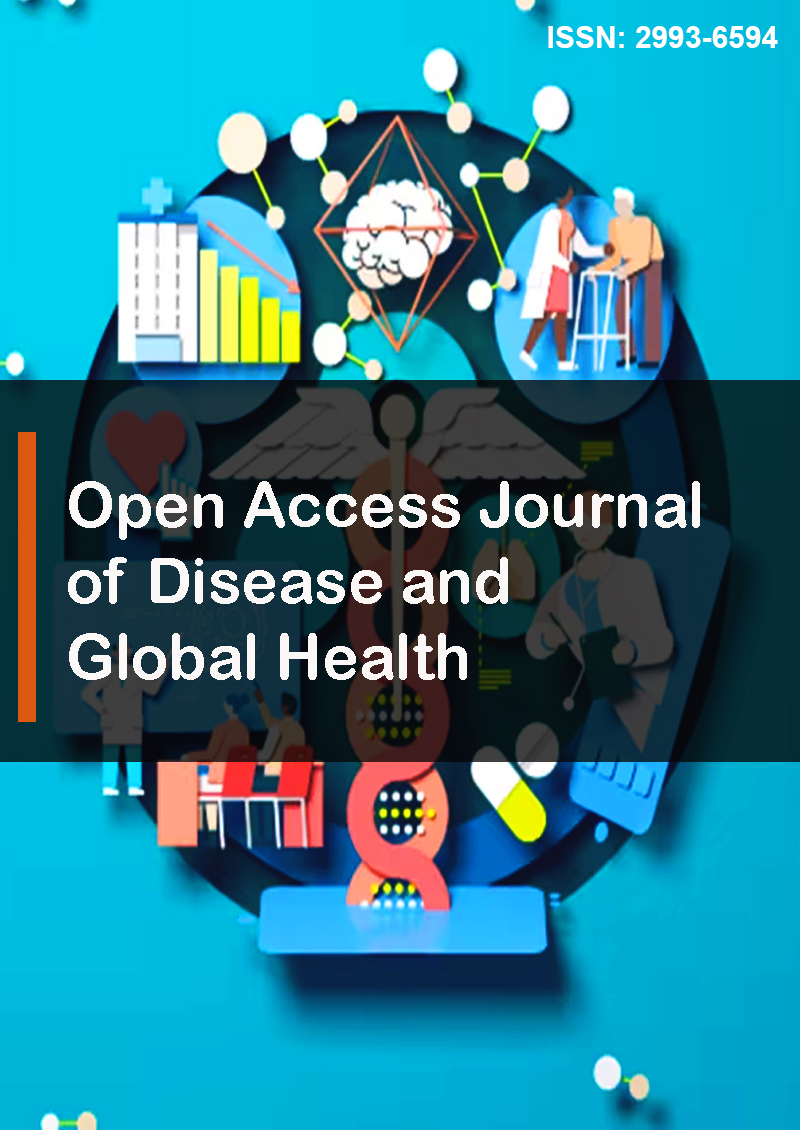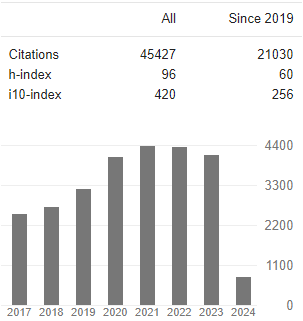Navigating End-of-Life Choices: The Essential Role of Nurses in Advance Directives
Abstract
Siobhan Aaron, Samantha DeSimio and Dionne Grant
Background/Objectives: Advance care planning (ACP) is essential in ensuring that end-of-life (EOL) care aligns with patients' values and preferences. Despite its benefits, advance directive (AD) completion rates remain low, particularly among racial and ethnic minority populations. This study examines disparities in Advance Directive completion among patients with stage 4 solid tumor lung and gastrointestinal (GI) cancers and explores the role of caregivers in influencing patient decision-making.
Methods: A cross-sectional, descriptive, correlational study utilizing secondary data analysis was conducted to assess predictors of AD completion in a cohort of stage 4 solid tumor lung and GI cancer patients (n=235) and their caregivers (n=235). Patient and caregiver variables were analyzed to determine their impact on ACP engagement. Logistic regression analysis was used to identify significant predictors of Advance Directive completion.
Results: Among the study cohort, 67% (n=157) of patients had documented ADs. Disparities were evident, with non- White patients 36% less likely to complete ADs compared to White patients. AD completion varied by socioeconomic status, with lower-income individuals demonstrating reduced engagement in ACP. Age and race were significant predictors of AD completion, with older age positively associated with completion (OR = 1.09). Findings highlight the need for targeted interventions to address inequities in ACP engagement.
Conclusion: Nurses play a critical role in facilitating ACP discussions and addressing barriers to Advance Directive completion. Culturally sensitive, patient-centered interventions are necessary to bridge disparities and improve ACP engagement, particularly among historically underserved populations. Institutional policies should support nurses in integrating ACP discussions into routine care, ensuring equitable and patient-centered EOL decision-making.




